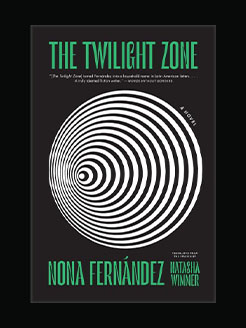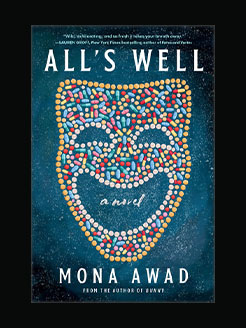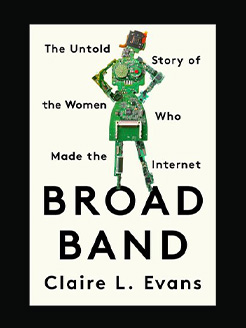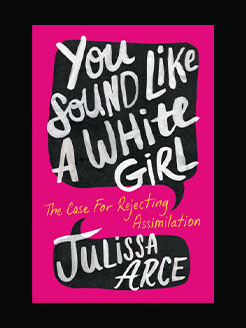Published in 2008
320 pages
Tricia Rose graduated from Yale University where she received a BA in Sociology and then received her Ph.D. from Brown University in the field of American Studies. She has taught at NYU, University of California at Santa Cruz and is now a Professor of Africana Studies at Brown University.
Professor Rose is most well-known for her ground-breaking book on the emergence of hip hop culture. Black Noise: Rap Music and Black Culture in Contemporary America, published in 1994 by Wesleyan Press, has since become a classic. It is considered a foundational text for the study of hip hop, one that has defined what has eventually become a serious field of study. Black Noise won an American Book Award from the Before Columbus Foundation in 1995 and was also considered one of the top 25 books of 1995 by the Village Voice. In 1999, Black Issues in Higher Education listed Black Noise one of its “Top Books of the Twentieth Century.”
What is this book about?
How hip hop shapes our conversations about race–and how race influences our consideration of hip hop
Hip hop is a distinctive form of black art in America-from Tupac to the Pulitzer Prize-winning Kendrick Lamar, hip hop has long given voice to the African American experience. As scholar and cultural critic Tricia Rose argues, hip hop, in fact, has become one of the primary ways we talk about race in the United States.
But hip hop is in crisis. For years, the most commercially successful hip hop has become increasingly saturated with caricatures of black gangstas, thugs, pimps, and hos. This both represents and feeds a problem in black American culture. Or does it? In The Hip-Hop Wars, Rose explores the most crucial issues underlying the polarized claims on each side of the debate: Does hip hop cause violence, or merely reflect a violent ghetto culture? Is hip hop sexist, or are its detractors simply anti-sex? Does the portrayal of black culture in hip hop undermine black advancement?
A potent exploration of a divisive and important subject, The Hip Hop Wars concludes with a call for the regalvanization of the progressive and creative heart of hip hop. What Rose calls for is not a sanitized vision of the form, but one that more accurately reflects a much richer space of culture, politics, anger, and yes, sex, than the current ubiquitous images in sound and video currently provide.







